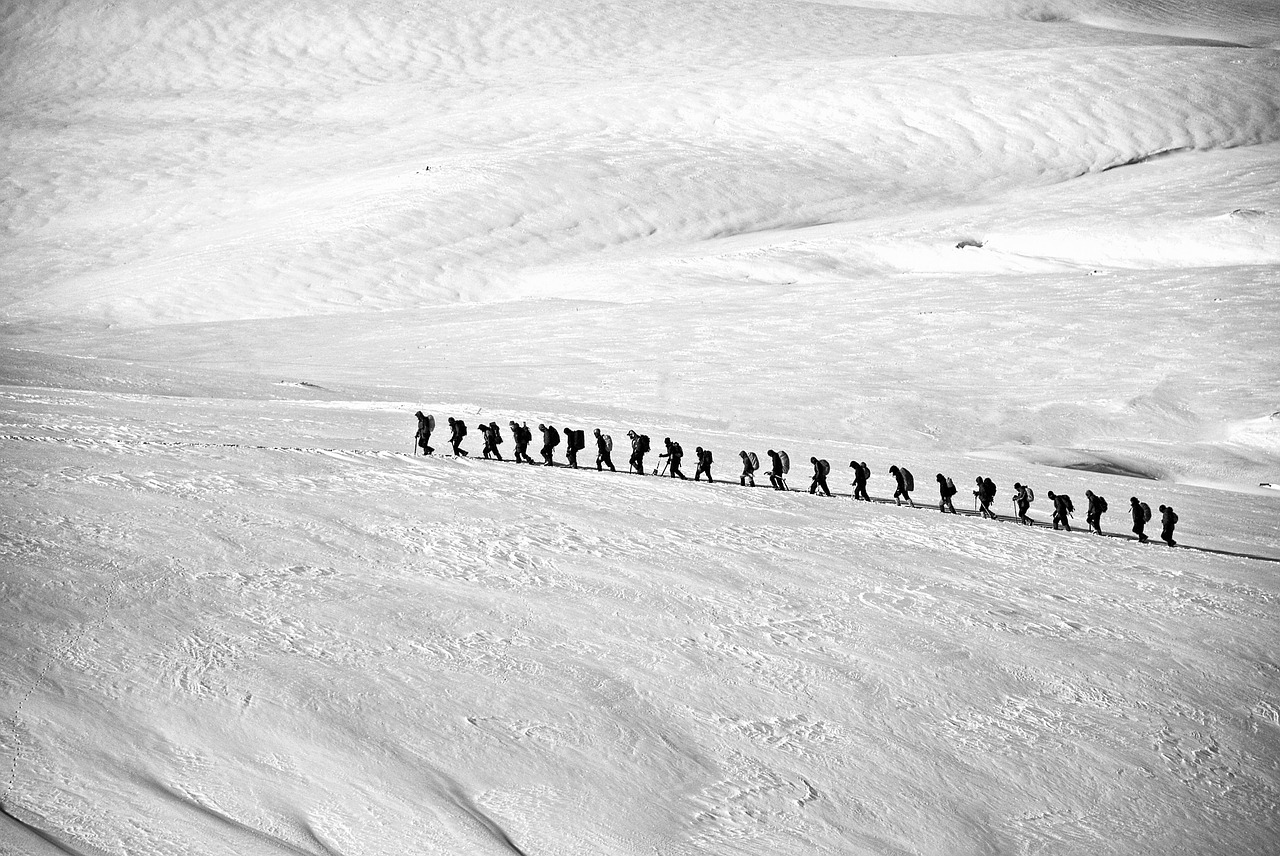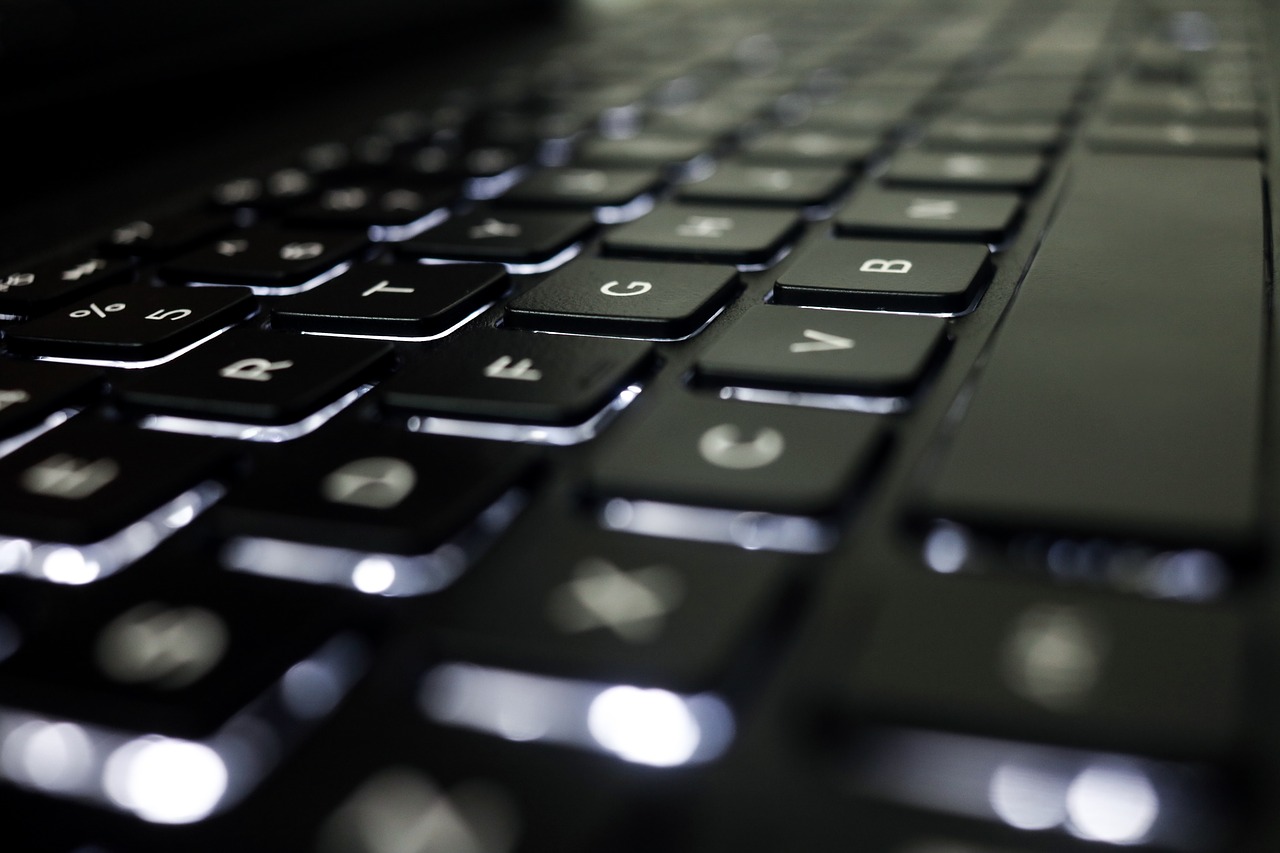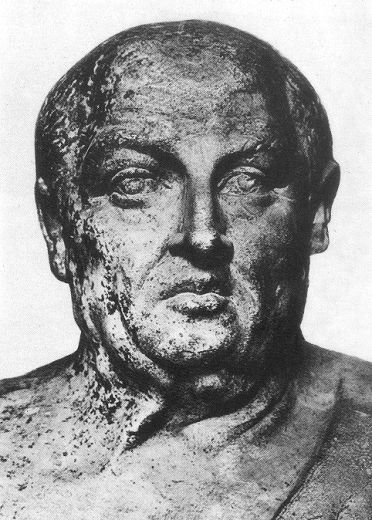Sooner or later you will experience situation that will be major turning points of your life. In that cases it is important to not let your (largely unconscious) mind-chatter guide your decision. Strategic thinking about the decision ahead can spare a lot of trouble and regretting later on. As I am about to make some major changes in my life very soon, I had to make a few very important decisions. I will share more of that in other posts.
Therefore I researched how to make good decision and what techniques people have come up with, as guidance in the decision making process. This article sums up my findings and my experiences with the various techniques.

1. Utilize walking to get into a clear headspace
Realize that how you feel about a thought, scenario, your current situation, your partner or a project you are working on, largely depends on the chemical soups that is currently flowing through your brain. Do not make important decision when you are tired, overworked, eating a poor diet or not exercising enough. Therefore the best thing to do before thinking through the possible outcomes of your decision, is to get the composition of your neuro-chemical soup right. The fastest way to do this is to exercise out in nature.
When you want to think about something important, don’t do it half-consciously with a bag of chips in your hand, sitting on your couch. Or any other less than optimal environment for that matter. How often have you thought about something while sitting in the car in a traffic jam? Stressful environments lead to fear-based decisions. This is not what you want to be doing, if you are about to make an important decision.
Instead get out in nature and just walk. Choose a beautiful surrounding away from the noise and stress of the city. Make a conscious effort to quiet down your monkey mind by exclusively concentration on your senses. Be conscious of every step, hear the sound of your shoes hitting the ground, feel the wind blowing over your skin, feel your body, hear the birds,… There really is almost no roof to the amount of sensations you can become aware of. Try to hold as many of them in awareness at the same time as possible. This is so difficult at first, I guarantee you it will push your monkey mind to the side. There just is no mental capacity left to get lost in thought. After doing this for maybe 20 minutes, or whenever you feel, you have settled into a positive, present and calm headspace, consciously introduce thoughts about the area where you have to make a decision. You may already have a few idea or scenarios. Introduce them, hold them in awareness and see how they make you feel. Do not try to analyze hard facts about the decision ahead. This is not what this exercise is about.
This exercise is about getting in touch with your higher self or heart-space (or whatever other name you have for it) and let this guide your decision. Facts like money or wealth or reputation or college degrees are superficial aspects, which will not give you a clear picture about how you will actually feel when you live the life that followed a particularly important decision.
You might not be able to imagine this right now, but do the exercise and you will know the answer to your question pretty quickly. Walk for maybe two hours or however long it takes, without forcefully guiding your thoughts. With really important decision, repeat this several times. And your picture of where you want to go will become clearer and clearer.
Be careful of judging your decision later on, when you are back in different environments. Being stressed out, stuck in traffic or confined to a cubicle, will make you doubt the decision you made out there while walking in nature. It will most likely feel too ambitious or too risky. Just remember, that the neuro-chemical-soup in your brain has now a completely different composition again, which is likely more fear-based.

2. Ask your 80-year old self
This exercise is powerful and simple. Write down the options you have in mind for your decision. Write down how you think your life will develop after each of the options. And then, think of yourself as being 80-years old and having lived through those alternative lives. Imagine having chosen one of the options and then ask yourself the following questions. Or maybe come up with additional questions that better suit your particular situation.
Are you proud of having made that decision?
Would it be something you want to tell your grand-children about?
Do you feel regrets?
Was your life meaningful?
Or did you only do it to avoid any risks?
Were the fears that guided your decision actually real?
Would you decide in a different way now?
You can even write down the answers and let those influence your decision.

3. Limit your information
For really important decisions we tend to think it through in many different ways and try to gather as much information as possible. This can be a trap and the reason, why I recommend sticking with exercise number one. This will let your intuition and sub-conscious wisdom guide your decision. And I think this part of our brain has a much higher capacity than our conscious thoughts.
When you have too much information available, it tends to become frustrating. You cannot handle so many aspects. Each aspect has to be given a rating of importance and valued against every other aspect. It’s impossible for you to do this. There is also another troubling aspect of gathering lots of information.
An interesting article at Psychology Today talks about “why too much data disables your decision making”:
The human mind hates uncertainty. Uncertainty implies volatility, randomness, and danger. When we notice information is missing, our brain raises a metaphorical red flag and says, "Pay attention. This could be important."
The take-home message of the study is that we over-value the information where we had to spend energy on in order to make the uncertainty go away. Even though an aspect might be relatively unimportant to your decision, because you had to spend so much energy on it to find an answer to it, your brain will judge it as more important. Be aware that this is completely unconscious. And the only way to avoid it is to not start gathering more and more information, but let your intuition guide you:
“Neurologically, information is addicting. Learning is associated with the release of dopamine, the same as powerful drugs like cocaine. It's why we are so vulnerable to an Internet rife with attention parasites that leave us worse for the wear.
In a world where every click brings the promise of a discovery, we are all at risk of becoming addicts. The challenge lies in differentiating between questions worth exploring and questions best left unasked.”
So in other words, this is an exercise of “do nothing”. If you actually wanted to do this exercise, your best bet would be to do a “do-nothing” meditation session and see if you already find your answer.
4. Your decision is reversible
It is very likely that your decision is largely reversible. That might take some effort, but imagine for this exercise that you can easily reverse the decision or choose differently. You will likely approach the decision with less fear and in my opinion that is what you should do. In our environment today, it is unlikely that the decision you make will result your death or major suffering.

5. Practice Stoicism: The worst case scenario
When you are uncomfortable with your current situation but you are also afraid of what a change might turn into, this mental exercise is especially helpful. Imagine the worst that might happen to you when you go with the particular decision. You are likely already doing this in your head. But here the point is to tackle those fears. For each of these scenarios write down a list of actions you could take to improve the situation.
- What would be the worst that could happen?
- What could you do to prevent it?
- What would you have to improve the situation?
It will reveal to you that your fears are largely an overreaction and not grounded in reality. You have just written down possible ways to prevent or solve those issues. They are not dead-ends anymore.
As you are probably making decisions in order to optimize your situation, this might open up new ways. Things that have previously seemed too risky will become more reasonable.